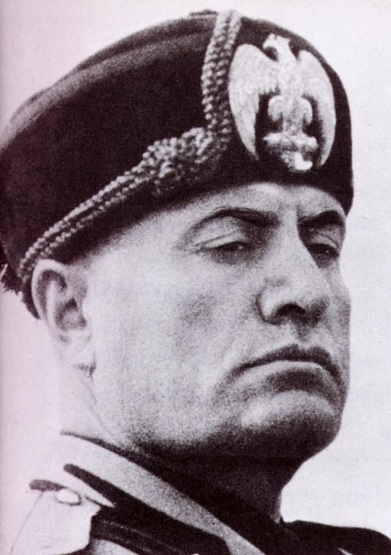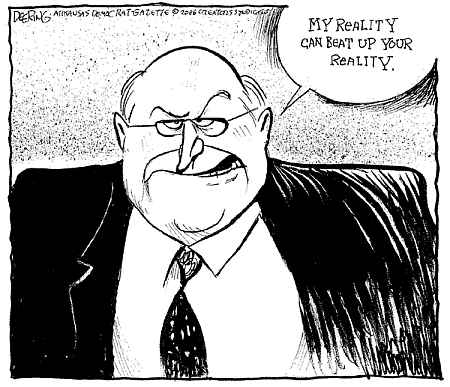Mussolini and the Rise of Fascism
Hitler was not the first fascist dictator, Mussolini was in power before hitler in 1923. He is seen as the founder of fascism, and like Hitler used a paramilitary force. Mussolini was Hitlers role model before he came into power himself (1933). While Mussolini was in power, King Emmanuel III threatened to sign an emergency legislation which allowed Mussolini to come into power. This was the Rise of Fascism.
View Benito Mussolini and over 3,000,000 other topics on Qwiki.
Fascism
Fascism derives from the italian word Fascy, essentially a weapon made form a bundle of sticks.
Fascist Traits:
Fascist Traits:
- allowed private ownership and was encouraged and aided by the government
- Censored the media
- Imperialistic
- Nationalistic
- Militaristic
- Non-Democratic
- Often totalitarian dictatorship
- "Anti-Liberal, anti-mass democracy, anti-socialist"
Il Duce (The Leader)
Acerbo Law was brought and and allowed whoever received the most mount of votes, you received 2/3 of the seats in the Chamber of Deputies. When the Fascists gained these seats they took away freedom of the press and assembly and speech. They also removed all anti-fascist parties. If anyone were to speak out against them, the black shirts would kill them.
"Fascism should rightly be called Corporatism, as it is the merger of corporate and government power. " - Benito Mussolini
The Latern Accords, 1929
The Catholic church was the most powerful remaining body in Italy. In order for Mussolini to have full power in Italy, he had to gain support of the Catholic church. Pope Pius XI signed a deal out of fear so that Mussolini gained control of religious education in schools and was recognized as the state religion.


